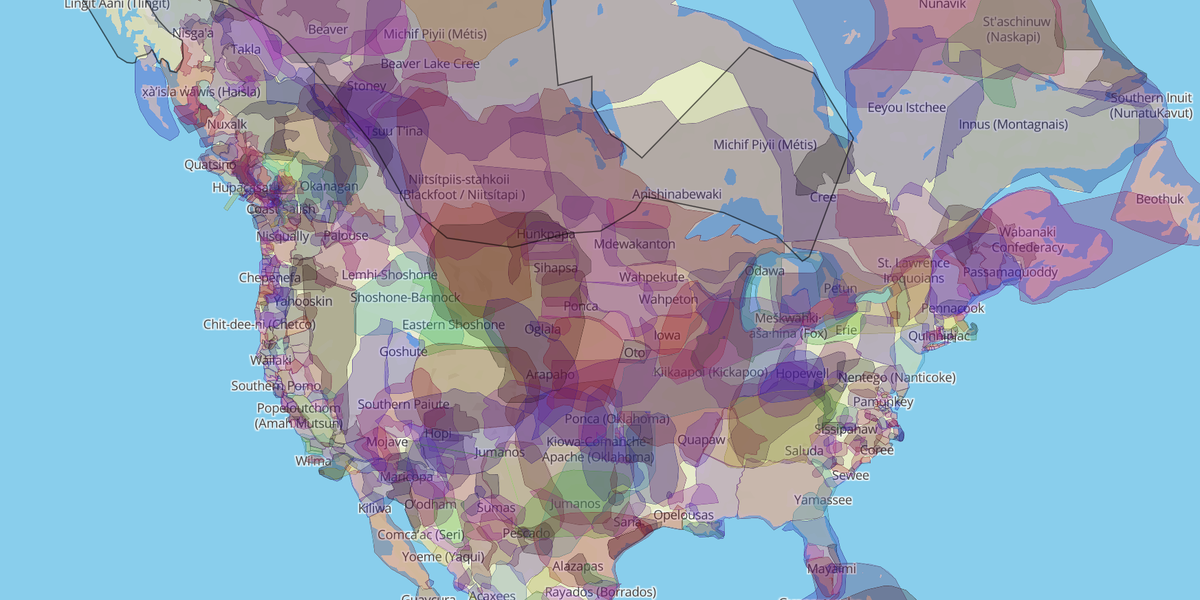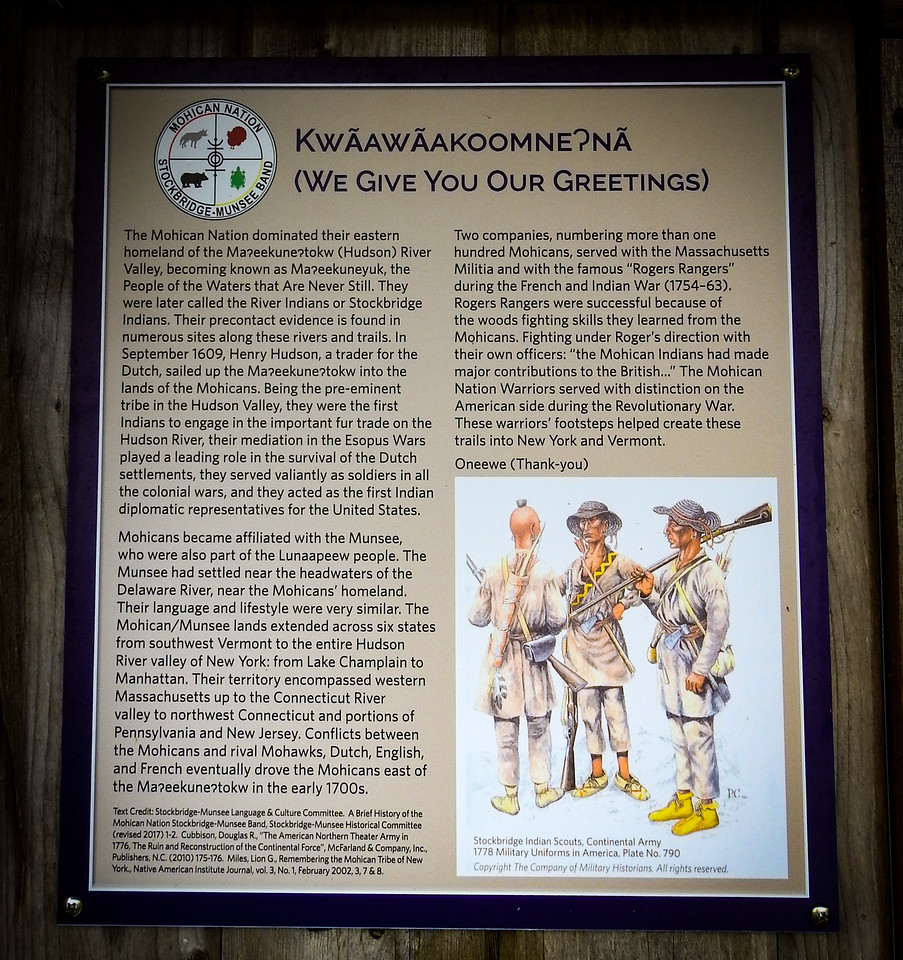Diversity, Equity, Inclusion, Access, and Belonging Resources
The Why
Everyone has some relationship to land, but a protracted imbalance of power has resulted in systemic land-related racism that affects us all. Most historic accounts of the mainstream land conservation movement were written from the dominating white Western culture. That mindset continues to significantly impact people’s relationships with land today—from land ownership, to how we talk about land, to who feels welcome in open spaces.
The United States exists on ancestral homelands of Indigenous people. Colonization brought disease and war, dramatically impacting and displacing these communities. Throughout this violent time, so much more than the land itself was stolen; countless communities were robbed of their deeply rooted culture, language, and deep, profound relationships to land. Displaced Indigenous people continue to have a strong connection to their homelands and ancestors , regardless of where they currently live.
Another major area of land-based oppression in the United States is the exploitation of slave labor.
These stolen and exploited lands contribute to the systemic issues that continue to influence land conservation.
Nationwide and in many other countries, land conservation organizations are beginning to work toward more diverse, equitable, inclusive, and just efforts. Though we have a long way to go, there is growing global recognition that land conservation intersects with environmental justice, including a web of relations between racial justice, climate resilience work, clean air and water, and food justice.
The following resources can help contribute to ongoing learning about these connections.
Foundational Concepts
- Harvard Implicit Bias Tests
- Why Diversity, Equity, and Inclusion Matter for Nonprofits
- White Privilege: Unpacking the Invisible Knapsack, by Peggy McIntosh
- White Supremacy, by Tema Okun, dRwORKS
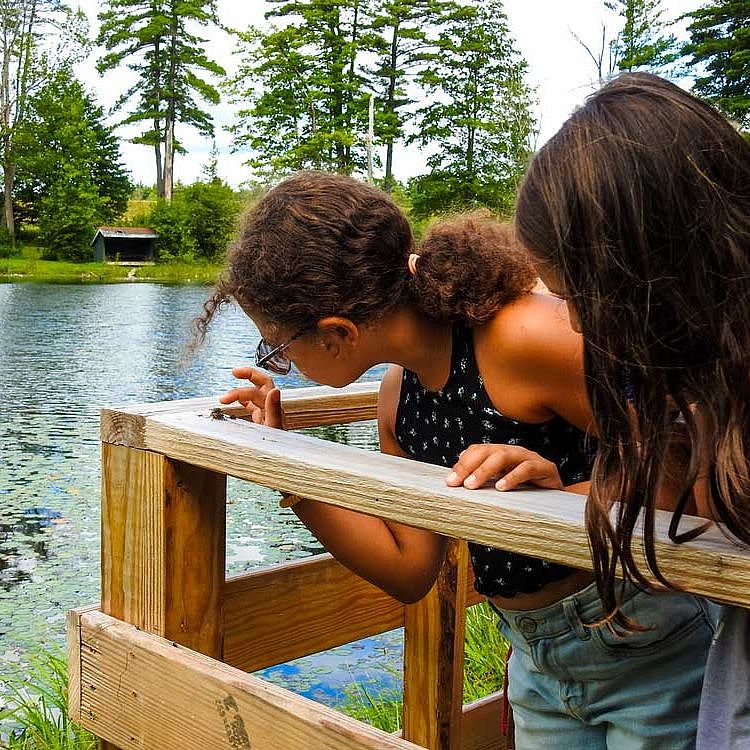
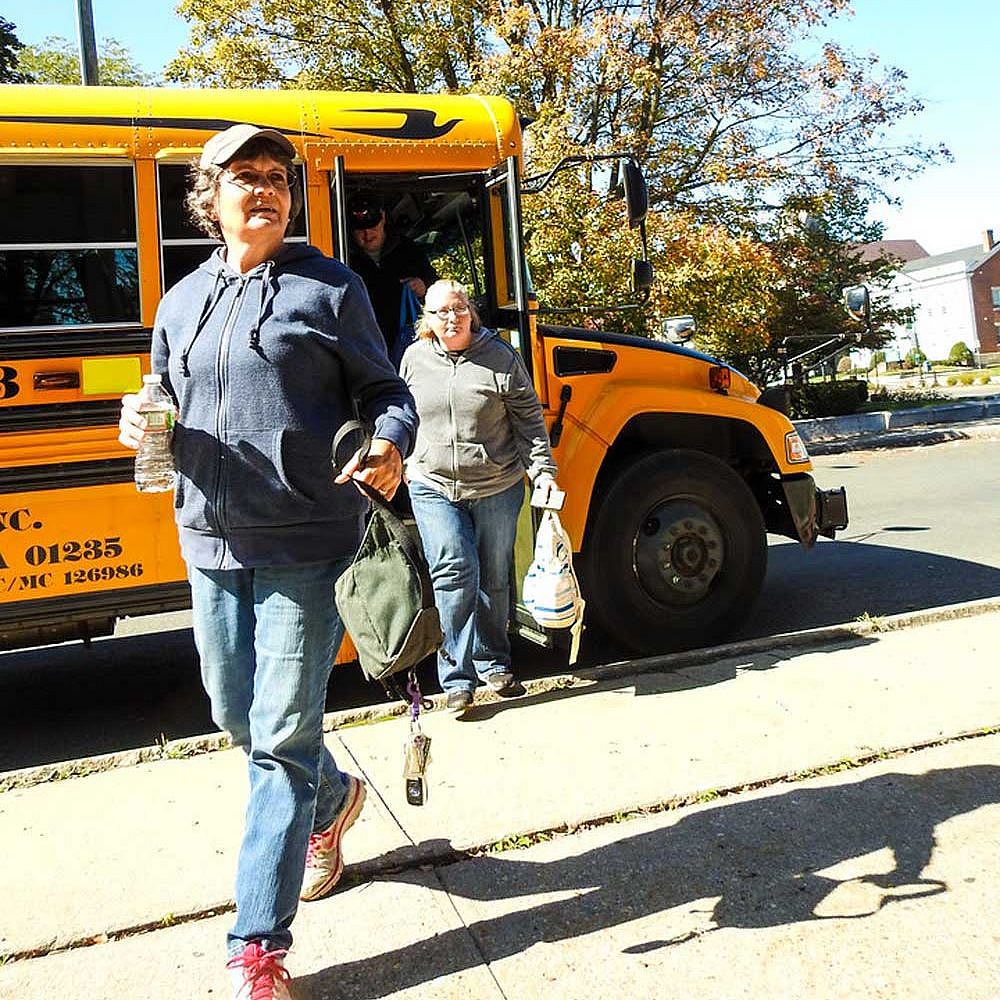
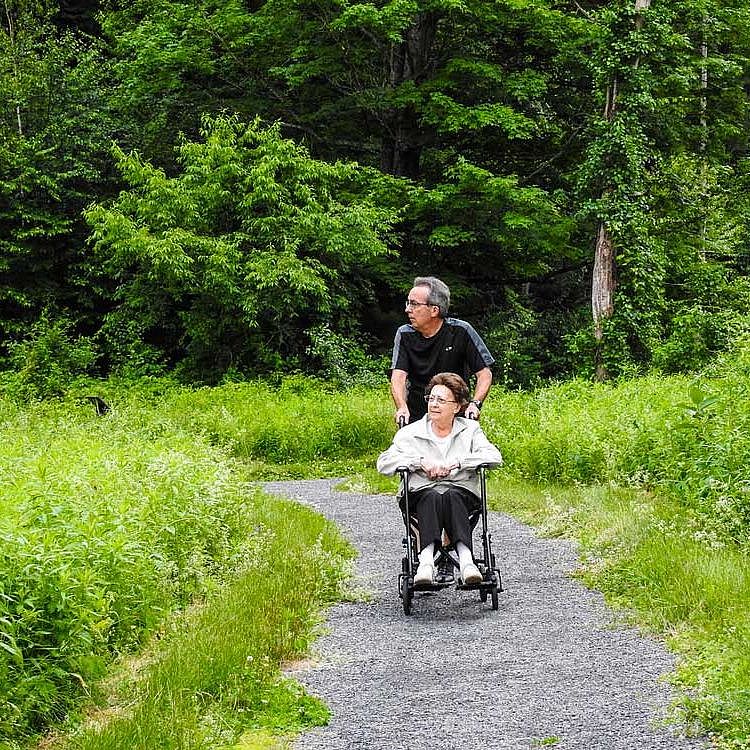
Organizations
Everyone Outdoors
Community resource developed by the Massachusetts Department of Conservation and Recreation Universal Access Program. Created for people with disabilities and their families, friends, and supporters who enjoy the outdoors, are looking for new recreation possibilities, or want to share their experience and expertise with others.
Birdability
Works to ensure the birding community and the outdoors are welcoming, inclusive, safe, and accessible for everyone through education, outreach, and advocacy. Strives to introduce birding to people with disabilities and other health concerns, so they too can experience the joys of birding.
Unpaved Trails for All
Started in Northampton to get the city to create an unpaved, universally accessible, All Persons Trail. Advocates soon realized lack of accessible nature trails was a statewide problem. All Massachusetts residents deserve access to nature!
The Rusty Anvil
Platform for Black, Indigenous, and People of Color to connect to nature through mindful wilderness trips and ancestral living skills.
Multicultural Bridge
Grassroots organization dedicated to advancing equity and justice by promoting cultural competence, positive psychology, and mutual understanding and acceptance. Acts as a catalyst for change through collaboration, education, training, dialogue, fellowship, and advocacy.
Berkshire Immigrant Center
Advocates for the rights of all immigrants by helping them navigate the complex U.S. immigration system with affordable legal services, local resources, and education.
DEI Outdoors
Works to help the outdoor industry and world be inclusive, unified, and accessible. Committed to creating an industry where anyone can experience, thrive, and lead in the outdoors, no matter their circumstances.
Melanin Basecamp
Increases the visibility of outdoorsy Black, Indigenous, and People of Color to increase representation in the media, advertising, and in the stories we tell ourselves about the outdoors.
She Explores
Website, podcast, book, and community that celebrates curiosity in the outdoors—where the stories, creativity, learning, and connection that nature inspires are shared.
Venture Out Project
Envisions a world where queer, trans, and LGBTQ+ youth and adults create community, develop leadership skills, and gain confidence through the shared experience of outdoor adventure and physical activity.
Natives Outdoors
Empowers Indigenous communities through products and storytelling for a sustainable world.
Soul Fire Farm
An Afro-Indigenous centered community farm committed to uprooting racism and seeding sovereignty in the food system.
Latinas413
Ignites the collective power of Latinas to expand their social & economic capital, serving as a bridge to resources available in our county, thereby increasing the representation of the voices, talents & interests of Latinas.
Roots Rising
Empowers youth and builds community through food and farming.
Northeast Farmers of Color Land Trust
A hybrid model land trust to reimagine land access, conservation, and stewardship of communities and ecosystems with the goal of manifesting a community vision that uplifts global Indigenous, Black, and POC relationships with land, skills, and lifeways.
Stockbridge-Munsee Mohican Nation
The present-day Berkshires are the ancestral homelands of the Mohican people, who are the indigenous peoples of this land. Despite tremendous hardship in being forced from here, today their community resides in Wisconsin and is known as the Stockbridge-Munsee Community. These lands continue to be of great significance to the Stockbridge-Munsee Mohican Nation today.
Ohketeau Cultural Center
Ohketeau allows the opportunity for interdisciplinary education through cultural workshops, dance, music, art, and indoor and outdoor activities that allow participants the opportunity to fully express their talents. Their mission is to provide a safe, rewarding, and enriching experience for the Indigenous community of the region
Wonders Within Reach
Shares accessible adventures for all types of families.
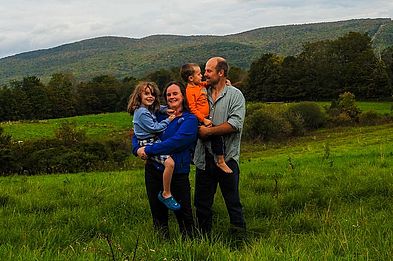
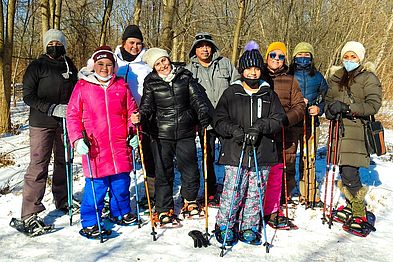
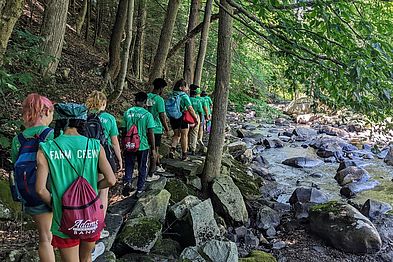
Videos
The Intersectional History of Environmentalism
Mar 15, 2021
Illuminates the diverse histories within the environmental movement that are often overlooked, watered-down, or entirely erased. Friends of IE unpack the vital contributions that Black, Indigenous, and People of Color have made to the environmental movement.
Tribal & Indigenous-Based Climate Adaptation Priorities in the NE CASC Region
Presentation by Casey Thornbrugh of the United South and Eastern Tribes, Inc. | June 3, 2022
Tribal Nations and Indigenous Communities in the Northeast have witnessed changes in the climate from time immemorial. However, anthropogenic climate change coupled with the impacts of colonization pose unique challenges for Tribal Nations. Despite these issues, Tribal Nations are leading the way across the region in climate change adaptation planning.
Opportunities
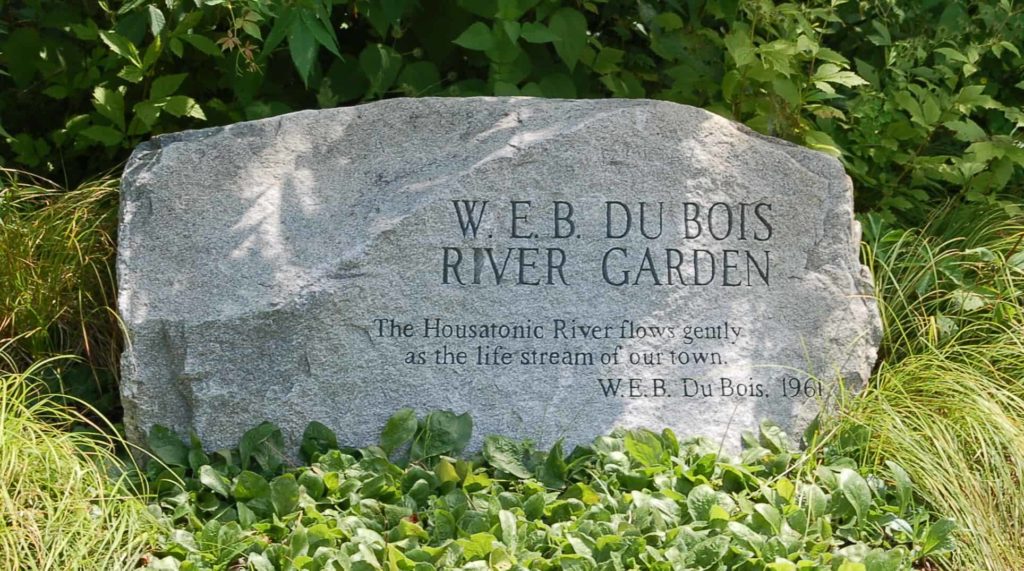
African American Heritage Trail
Celebrates African Americans in the region who played pivotal roles in key national and international events, as well as ordinary people of achievement. Encompasses 29 Massachusetts and Connecticut towns in the Upper Housatonic Valley National Heritage Area.
Native American Heritage Trail
Provides accurate information about the Indigenous people of the region. Lets everyone explore the Housatonic River Valley through a Native American prism.
White Learning Programs, NAACP
The White Learning Circle (WLC) is an immersive program that provides a comprehensive overview of a wide range of issues that are important in understanding racism and the legacy of slavery in the United States.
The White Learning Partners (WLP) offers participants to design their own learning plans and schedule. Each participant is teamed with one or two others in partnerships for mutual mentoring and support in working through their individual plan.
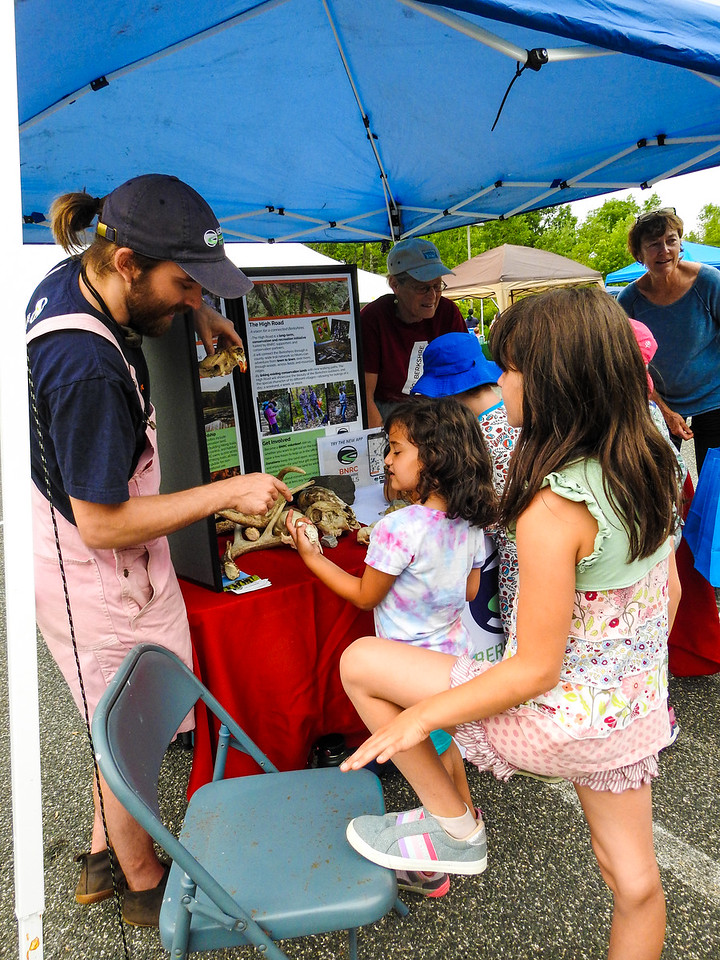
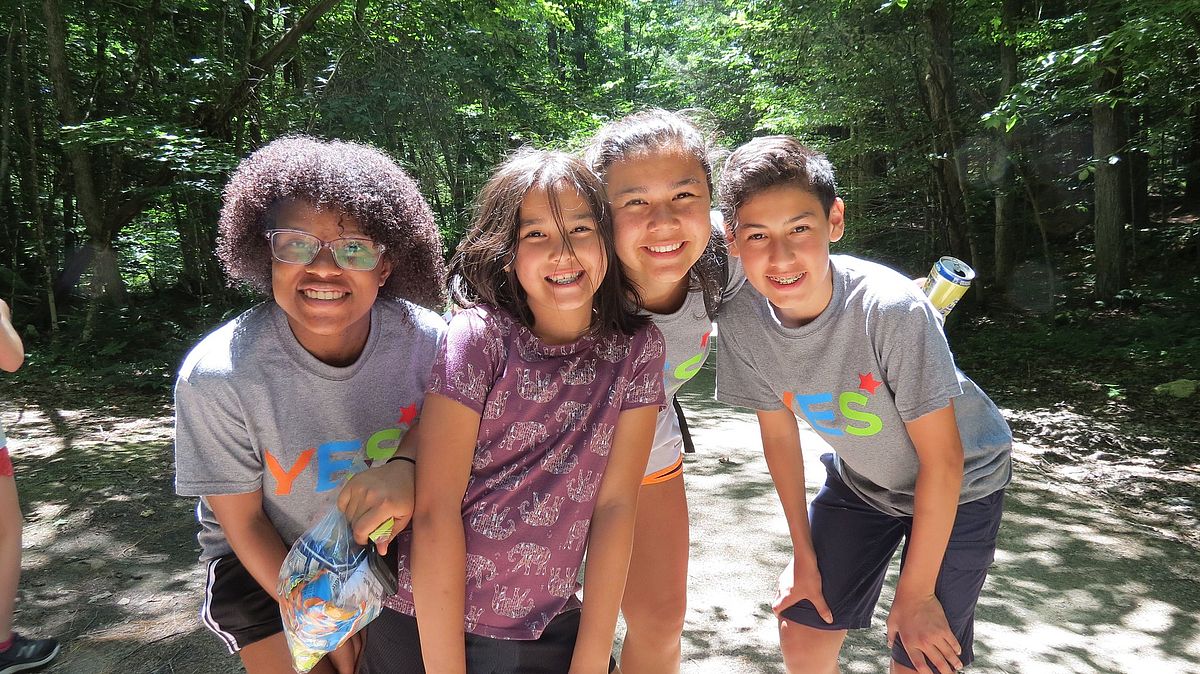
Articles & Resources
Diversity and the Conservation Movement
Developed by the National Audubon Society in partnership with the North American Association for Environmental Education, Toyota TogetherGreen, the U.S. Fish and Wildlife Service, and EECapacity | September 2015
Examines barriers and challenges to diversifying the conservation movement. Includes references and links to steps for success and other planning tools. Also provides recommendations, tips, and examples for increasing diversity and inclusion in conservation organizations.
Full Moon Rising
By Peter Forbes
A call to land justice for the conservation movement in North America. Why centering Indigenous voice and sharing and returning land are essential to repairing the earth and creating a stronger movement.
Why Every Environmentalist Should Be Anti-Racist
By Leah Thomas | Vogue | June 8, 2020
Environmentalists tend to be well-meaning, forward-thinking people who believe in preserving the planet for generations to come. They buy reusable cups, wear ethically made clothing, and advocate for endangered species; however, many hesitate to do the same for endangered Black lives, and might be unclear on why they should.
Allies
As an ally you use your power - no matter how big or small - to support others. In this collection of true stories, 17 critically acclaimed and bestselling authors get real about being an ally, needing an ally, and showing up for friends and strangers. This book is for everyone. Because we all need allies.
Their Family Bought Land One Generation After Slavery. The Reels Brothers Spent Eight Years in Jail for Refusing to Leave It.
By Lizzie Presser | ProPublic | July 15, 2019
Brothers Melvin Davis and Licurtis Reels were jailed for eight years after refusing to leave the land their great-grandfather bought a hundred years ago in Carteret County, on the central coast of North Carolina. Their story illustrates how Reconstruction-era laws and practices continue to dispossess African American families of their land.
Why Race Matters When We Talk About the Environment: An interview with Dr. Robert Bullard
By Lauren Reid | Greenpeace | March 1, 2018
Discusses why race is always the most significant factor behind injustice of any kind, and highlights the importance of new, young leaders pushing equality to the forefront of the environmental movement.
How Green Groups Became So White and What to Do About It
By Diane Toomey | Yale School of the Environment | June 21, 2018
Describes how the conservation movement must transform itself to become more inclusive and effective by changing the way it perceives People of Color.
Environmental Justice & Environmental Racism
Provides detailed definitions of both terms, and environmental justice principles.
Environmental Justice Movement — An inter-generational, multi-racial and international movement promoting environmental, economic, and social justice by recognizing the direct link between economic, environmental, and health issues, and demanding a safe, clean, community and workplace environment.
Environmental racism — Institutional rules, regulations, policies, or government/corporate decisions deliberately targeting certain communities for locally undesirable land uses and lax enforcement of zoning and environmental laws, resulting in communities being disproportionately exposed to toxic and hazardous waste based upon race.
The Twisted Racial Politics of Going Outside
By S.E. Smith | Bitch Media | August 17, 2020
Introduction to a number of topics regarding diversity, equity, inclusion, and justice in the outdoors. Topics include “overcrowding,” access, who determines the rules of the outdoors, organizations confronting their own problematic histories, and who belongs outside.
The Miseducation of Leave No Trace—Policing Black and Brown Bodies in the Outdoors
Melanin Base Camp | March 26, 2019 | by Danielle Williams
Illustrates how applying a sensibility of inclusion to the outdoors will directly challenge practices that seem to some as standard givens. Topics include a direct challenge of Leave No Trace, ableism, outdoor gear, “overuse,” and how violence has played a legacy role in land ownership and wealth.
Native Land
An interactive resource to learn more about Indigenous territories, languages, lands, and ways of life.

